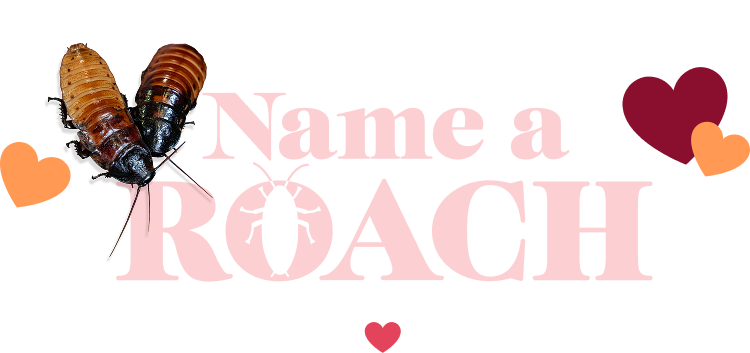BIO 623: Conservation Psychology
Spring 2025 Elective W+ Course

In-Person Dates: 2/1, 2/9, 3/8, 3/16, 4/8
Locations: Bronx Zoo & New York Aquarium (3/16 only)
3 Credits; Letter Grade
Conserving wildlife and wild places is a complex endeavor that requires the integration of sound science from both the social and natural sciences. This course will explore how the social sciences can inform conservation. A growing field of study that draws from several of the social sciences is human dimensions of wildlife. This course will examine how human dimensions emerged as a field of scientific inquiry and why it is important. It will provide an overview of the social science concepts and methods that are the foundation of human dimensions. Students will consider how current conservation issues can be addressed through an understanding of human thought and action. Students will use the human dimensions approach to address a current conservation issue and by the conclusion of the course, they will be able to identify tools, frameworks, and concepts that can be used to influence human behavior to effectively conserve wildlife.This is a Miami University online course with experiential learning on-site at an affiliated Dragonfly Advanced Inquiry Program (AIP) institution.
Student Learning Outcomes:
- Interpret the foundational social science concepts and theories of human dimensions of wildlife conservation.
- Compare approaches for influencing human behavior and propose considerations for increasing their effectiveness.
- Interpret diverse conservation issues and justify human dimensions science applications.
- Engage in reflective and evaluative peer review in face-to-face environments and on the web to provide colleagues with personal insight, new perspectives or analyses, ideas for useful applications, and connections to other research and projects.

